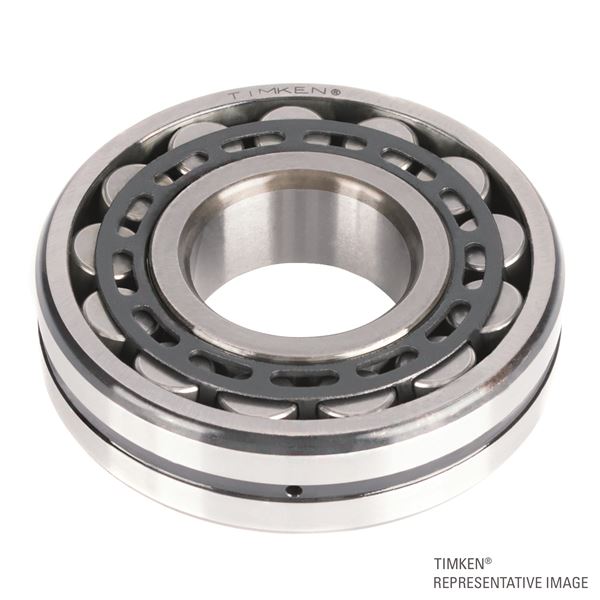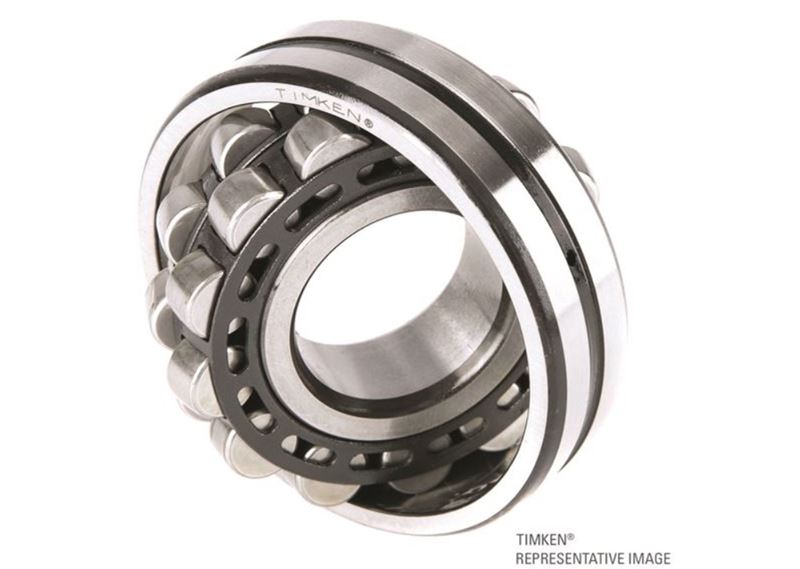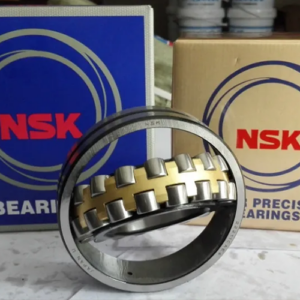Specifications of TIMKEN Bearing 22214EJ

Specifications
| UPC Code |
087796315150 |
| Design Unit |
Metric |
| d – Bore |
70 mm |
| Cage Type |
EJ |
| Cage Material |
Steel |
| Superseded Part |
22214CJ |
Dimensions
| D – Outer Diameter |
125 mm4.9213 in |
| B” – Inner Ring Width |
31 mm1.2205 in |
| B – Outer Ring Width |
31 mm1.2205 in |
Abutment and Fillet Dimensions
| R – Inner Ring “To Clear” Radius1 |
1.5 mm0.060 in |
| r – Outer Ring “To Clear” Radius2 |
1.5 mm0.06 in |
| da – Inner Ring Backing Diameter |
84.000 mm3.300 in |
| Da – Outer Ring Backing Diameter |
114.000 mm4.500 in |



